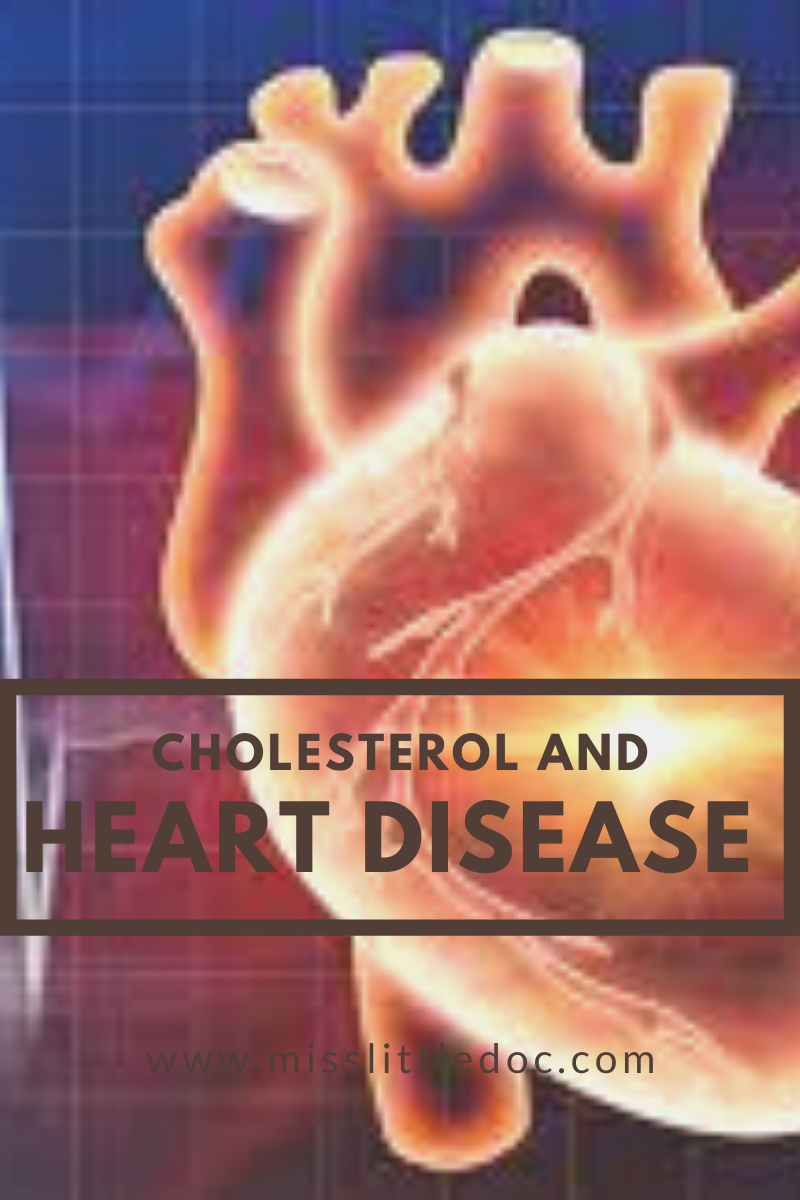Cholesterol and Heart Disease
Heart Disease affects 1 in 4 Americans and costs upwards of $320 billion a year! Statin drugs make $30 billion a year. Currently, the medical view of cholesterol is when it exceeds 200 mg/dL in the serum, it must be reduced with a pharmaceutical drug.
Cesterol is a waxy substance found in all cells of the body and is responsible for all hormone production, vitamin D production and helps with digestion.
Cholesterol gets a bad rap and people think it is all bad. Not true! There are three types of “cholesterol”. There are low density lipoproteins (LDL), very low density lipoproteins (VLDL) and high density lipoproteins (HDL). LDL is often called the “bad” cholesterol, while HDL is the “good” cholesterol. Truth is, if they aren’t in balance, they both can be a problem.
LDLs carry cholesterol through the body and if they become too high they build up in the artery walls, known as plaque. VLDLs can also build up in the artery walls, but they carry triglycerides through the body. (Triglycerides are the main constituents of fat.) HDLs carry cholesterol to the liver and the liver removes it from the body.
Causes of High Cholesterol
- DIET!!! The main culprit of high cholesterol is your diet! All that boxed food, fast food, sugary food takes a toll on your body and raises your LDLs.
- Alcohol. If you drink heavily, it can make your cholesterol high. (In moderation, it can actually raise your HDL which can help you. A glass of red wine can be good for you.)
- Lack of exercise. When you don’t stay physically active, your HDLs are lowered, which causes an imbalance of your LDL and HDLs.
- Smoking. Smoking lowers your HDLs. Especially in women.
- Chronic Infections. H. Pylori or viral infections can cause unproportioned levels.
- Thyroid function. An under functioning thyroid can cause an imbalance of HDL and LDL. In the 1980’s, doctors used low doses of thyroid hormone to treat high cholesterol.
- Genetics. Depending on ethnic background you can be more prone to higher or lower levels of cholesterol.
Side Effects of Cholesterol Medicines
Statins work by blocking the production of cholesterol in the liver. They have been linked to muscle pain, digestive problems and mental fuzziness in some people, and can cause liver damage.
One of the most common complaints of people taking statins is muscle pain. You may feel this pain as a soreness, tiredness or weakness in your muscles. The pain can be a mild discomfort, or it can be severe enough to make your daily activities difficult.
In some cases, statins can cause life-threatening muscle damage called rhabdomyolysis (when muscle cells burst and leak their contents into the bloodstream). Rhabdomyolysis can cause severe muscle pain, liver damage, kidney failure and death.
Understanding Cholesterol
Every cell membrane in our body contains cholesterol. Cholesterol is what makes our cells waterproof. This allows a different biochemistery on the inside and the outside of the cell. When cholesterol levels are not adequate, the cell membrane becomes leaky or porous, (the body interprets it as an emergency) and releases corticoid hormones.
- Corticoid hormones are a group of more than 40 compounds belonging to the steroid family and are present in the outer layer of the adrenal glands. They work by taking cholesterol from one part of the body and transporting it to areas where it is lacking. Cholesterol is the body’s repair substance.
Cholesterol is the precursor to vitamin D, which is necessary for numerous processes including mineral metabolism. Cholesterol is responsible for the production of bile salts. Bile salts are required for the digestion of fat. People with low cholesterol have a problem digesting fats.
- Cholesterol may also protect us against cancer as low cholesterol levels are associated with increased rates of cancer.
Cholesterol is also vital to neurological function. It plays a key role in the formation of memory and the uptake of hormones in the brain. One of these hormones being serotonin (the body’s feel good hormone). When you have low cholesterol the serotonin receptors can not work, which can lead to depression. Cholesterol is also in the myelin sheaths which are coverings of nerve cells and in the synapses that transmit nerve impulses.
Its important to look at family history, inflammatory markers (like C-reactive protein, fibrinogen, Lp-PLA2, oxidized LDL, metabolic markers) so the fasting insulin, fasting glucose, fasting leptin, post-meal blood sugar, hemoglobin A1c, and a variety of other markers that tell us what’s happening with metabolic function.
High blood pressure and smoking are two of the strongest risk factors for heart disease. Diet, lifestyle, stress, nutritional status changes the risk of heart disease. Checking nutrients: vitamin D, iron, and gut bacteria, can tell a lot about where your individual cholesterol levels need to be.
Chiropractic and Cholesterol
Cholesterol is vital to the way our body functions. When we don’t change the way we live and pop a pill instead, there will ALWAYS be consequences. If you have any questions on how to change your lifestyle, give us a call or ask a chiropractor near you.
Chiropractic care along with proper nutrition can change your life! Understanding what you put in your body helps you become more healthy. Diet, exercise and proper movement is vital to living longer.
~Dr. Lacey~
Carder Chiropractic Clinic, INC.
El Reno, OK 73036



